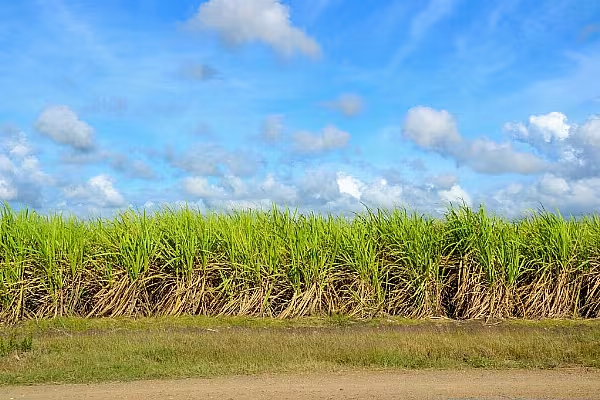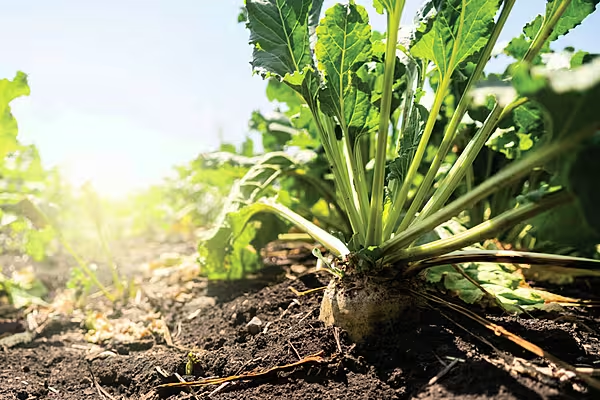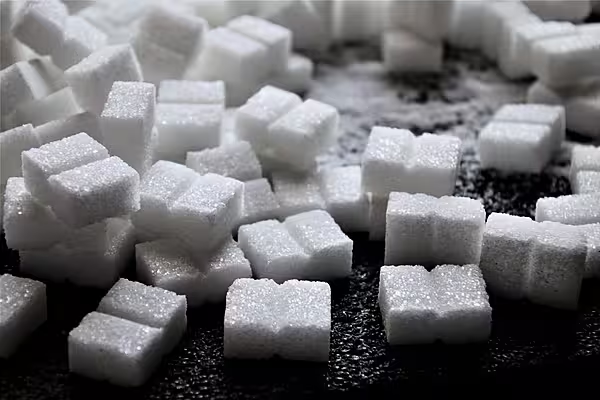Logistics snags have 'trapped' sugar in top producer Brazil, meaning world prices need to rise above current 12-year highs in order to curb demand and balance the market, commodity trader Louis Dreyfus Company (LDC) has said.
Global policymakers are still battling food price inflation and while prices for some food staples have declined, those for sugar, used in well over half of all packaged food and beverages, remain inflated.
'Trapped' Sugar
"Even though there's a lot of sugar in Brazil, the sugar is trapped. On top of this, next month we will be losing one terminal," Luca Meierhofer, LDC's head of physical trading, told delegates at an International Sugar Organisation seminar.
He said that while the world needs about 3.5 million metric tons per month from Brazil, the country can only export at best 3 million. Moreover, its sugar exports will fall to around 2 million tons in January as bean exports take precedence.
Sugar Trade Deficit
Given no other regions can increase output or exports at present, this will leave the market in a sugar trade deficit, even if on paper, production and consumption will be more or less balanced.
"We need the market to go to a level where we start to ration demand. In 2010 we didn't see really any reaction below 30 cents. (Today), adjusted for inflation, you can imagine this number is higher," said Meierhofer.
March raw sugar was trading at 27.62 cents per pound in late Tuesday trade, not far from the 12-year high of about 28 cents hit recently.
Ukraine Sugar
Elsewhere, Ukraine's sugar industry, one of the country's few profitable farm sectors, may continue to expand the planted area in 2024 and with good weather the 2024/25 exportable surplus could jump by around 50%, the producers' union Ukrsugar said.
Ukraine produced five million metric tons of beet sugar during the Soviet era, but has since reduced production to just over a million tons due to export problems and competition with sugar made from cane.











